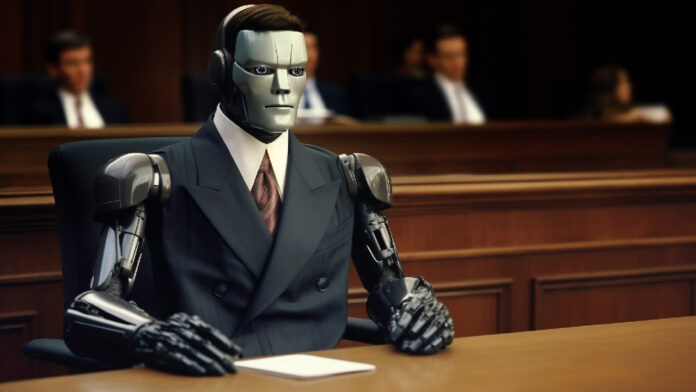The integration of artificial intelligence (AI) into legal systems is both groundbreaking and complex, transforming legal workflows through applications like legal research, case outcome predictions, and automated document review. While AI holds potential to enhance judicial efficiency and accessibility, it raises serious concerns regarding fairness and transparency. The concept of “automated justice” involves AI systems that could influence legal outcomes with minimal human oversight, potentially undermining due process. Legal provisions necessitate context and human judgment, which AI lacks, posing risks when technological biases are introduced.
To address these challenges, a right against automated justice could be established, ensuring that no legal decision—particularly those affecting fundamental rights—is made solely by AI. This framework would mandate human accountability in adjudication processes. As legal systems evolve with AI tools, they must uphold core values of transparency, empathy, and fairness. Ultimately, the message is clear: while AI can assist, human reasoning should remain integral to justice.
Source link
